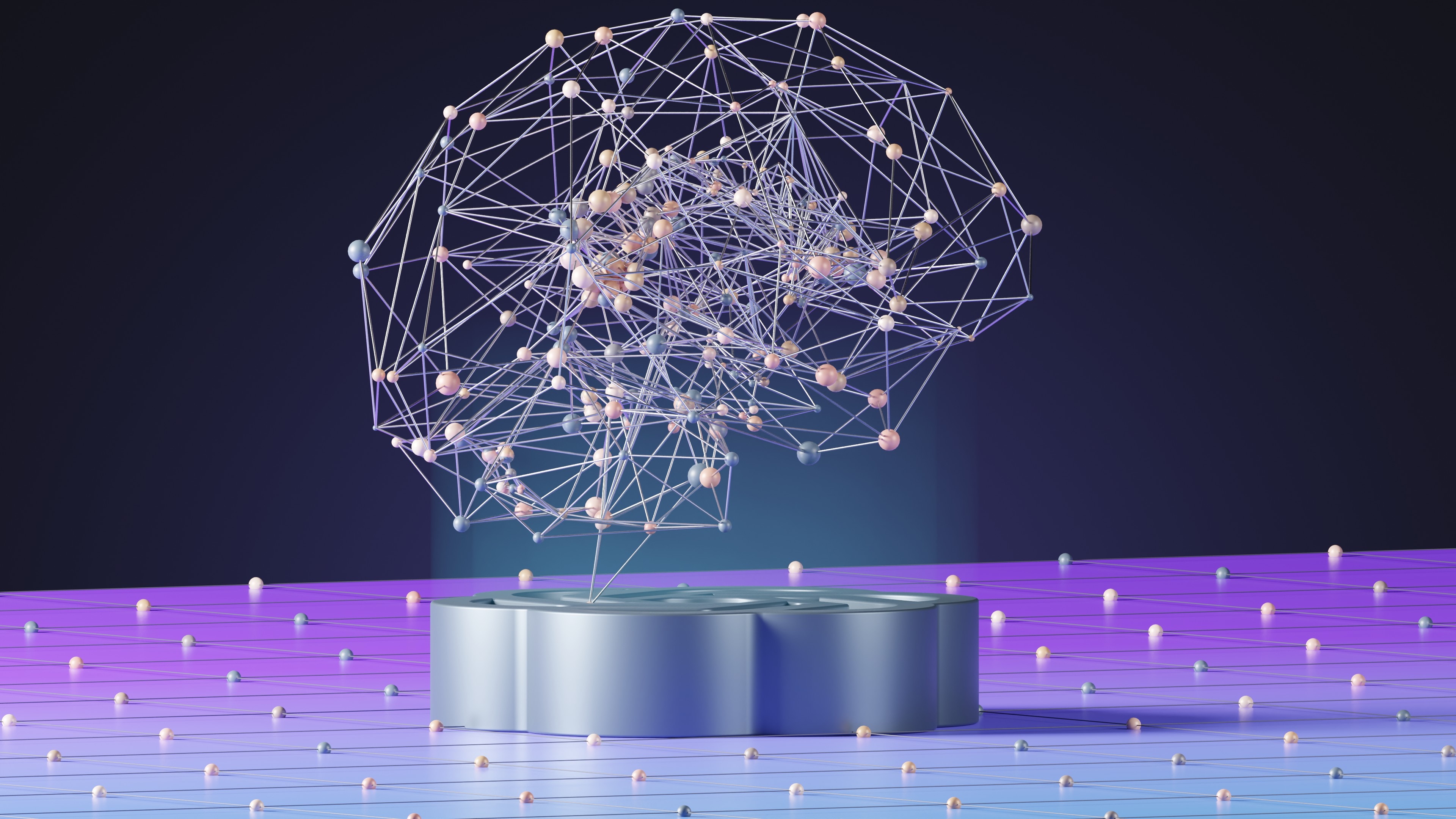The Emergence of AI and Automation in Task Management
Nov 30, 2023

Nowadays, with only 35% of projects reaching successful completion, there's a growing need for advanced technology in the realm of task management. Yet, the tide is turning. AI, machine learning, and other novel technologies are gradually infiltrating this field, promising significant changes by 2030. From improving project selection to accelerating reporting, technology is set to revolutionize the way we manage tasks.
The Future of Task Management

In the not-so-distant future, CEOs could be overseeing their strategic initiatives via a smartphone app. They would have instant access to the status of every project, the delivered benefits, project charters, KPIs, team morale levels, and stakeholder buy-in.
AI and automation have the ability to automate labor-intensive activities, providing intelligent assistance and streamlining processes. With the power to predict future events and facilitate strategic partnerships, AI can revolutionize task management and drive innovation. However, it's important for organizations to prepare for an AI-dominated future by avoiding overdependence, training teams to execute processes manually, and practicing transparency with customers.
The Role of AI in Task Management
AI and machine learning are no longer the stuff of science fiction. Today, 56% of businesses have adopted AI in at least one function. By 2024, worldwide revenues for the AI market are predicted to reach $500 billion.
AI is making its mark across all sectors, from construction to media and telecoms. In construction, AI automates planning, identifies inefficiencies, and conducts site inspections. Media and telecom companies use AI to offer targeted content, personalize experiences, and automate their newsrooms.
The Power of AI in Project Management
AI models human cognitive processes, allowing machines to mimic human abilities such as reasoning and generalizing. AI analyzes data sets via algorithms to identify features, classify types, and predict actions.
In project management, AI supplements human activities, relying on machine learning's limitless processing capacity to infer meaning and aid with project-related decisions. It adds value at different stages of the project lifecycle, from resource allocation to task distribution, hiring processes, and risk management.
Benefits of AI in Task Management

Automation
AI liberates managers from tedious, data-driven tasks. By automating labor-intensive activities, AI allows teams to focus on creative, meaningful, and intellectually stimulating tasks. AI's ability to assess future events and provide valuable insights can greatly benefit task management. By predicting potential network outages during specific events, AI enables proactive planning and mitigates risks. Additionally, AI projects often require collaboration with new teams and stakeholders, fostering strategic partnerships and driving innovation in task management.
Intelligent Assistance
AI can provide answers to crucial questions in no time at all. Need to know your five riskiest projects? Simply ask, and AI will provide the answer. It can assess future events, eliminate human error and bias. The insights gained through AI can be valuable and actionable. For instance, AI can predict increased likelihoods of network outages during certain events, allowing for proactive planning. Additionally, AI projects often have a broad reach, necessitating collaboration with new teams and stakeholders. This fosters strategic partnerships and drives innovation in task management.
Predictive Analytics
AI can assess future events, eliminating human error and bias. The insights gained through AI can be valuable and actionable. For instance, AI can predict increased likelihoods of network outages during certain events, allowing for proactive planning.
Strategic Partnership
AI's impact on task management goes beyond automation and predictive analytics. It also fosters strategic partnerships and drives innovation by necessitating collaboration with new teams and stakeholders. As organizations prepare for an AI-dominated future, it is important to strike a balance between leveraging AI's capabilities and maintaining human involvement in executing processes manually. Transparency in data usage and avoiding overdependence on AI are also crucial factors to consider. Ultimately, the integration of AI and automation in task management has the potential to revolutionize how we approach and manage tasks, leading to increased efficiency and productivity.
AI: Friend or Foe?

While AI optimizes processes, it cannot replace human creativity, social skills, and perceptiveness. Despite technological advancements, complex and creative jobs remain beyond AI's reach.
Preparing for an AI-Dominated Future
As AI becomes more sophisticated, it's crucial to avoid overdependence on this technology. Even with automation, teams should be trained to execute processes manually. Transparency is also key, as customers need to understand how their data is used in AI-driven solutions. AI is set to disrupt project management, forcing companies to rethink operations and best practices. It promises to automate customer contact centers, improve marketing operations, upgrade products with machine learning, offer solutions, and drive innovation.
Wrapping Up
AI is set to disrupt project management, forcing companies to rethink operations and best practices. It promises to automate customer contact centers, improve marketing operations, upgrade products with machine learning, offer solutions, and drive innovation.
In addition, AI can also assist in identifying patterns and trends in data that may not be immediately apparent to human task managers. By analyzing large volumes of data, AI can uncover valuable insights that can inform decision-making and drive innovation. Furthermore, AI's ability to automate repetitive and mundane tasks frees up human task managers to focus on more strategic and creative aspects of their roles. Overall, the integration of AI in task management has the potential to greatly enhance productivity and effectiveness in organizations.
FAQ
What is the role of AI in task management?
AI can automate labor-intensive activities, provide intelligent assistance, predict future events, and facilitate strategic partnerships.
Will AI replace human task managers?
While AI can optimize processes, it cannot replace human creativity, social skills, and perceptiveness.
How can organizations prepare for an AI-dominated future?
Companies should avoid overdependence on AI, train teams to execute processes manually, and practice transparency with customers.
In conclusion, the integration of AI and automation in task management holds immense potential for enhancing efficiency and productivity. As this technology continues to evolve and mature, it promises to revolutionize how we manage tasks and projects, leading to a more streamlined and effective approach to task management.


